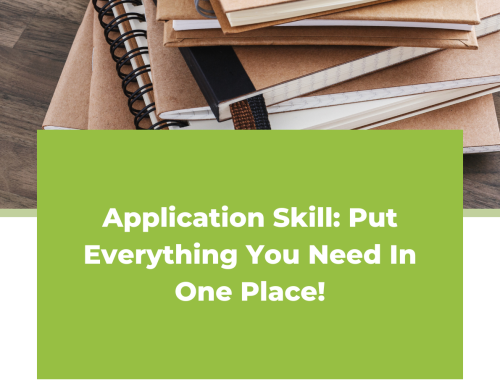Imagine it’s time for your final exam, the moment you’ve been preparing for. You’ve studied diligently, using flashcards and other techniques to memorize all the information. You feel confident because you’ve memorized everything. But as you begin the exam, you realize it’s more challenging than expected. The questions require you to apply your knowledge, not just repeat facts. It makes you wonder: why is it so difficult to use what you know in practical situations?
Understanding vs. Memorization
Applying what you’ve learned is the real test of understanding. It goes beyond simply memorizing facts; it’s about using your knowledge in new and unfamiliar situations. This requires a deep understanding of the subject matter. It’s not just about repeating information, but truly grasping the underlying concepts and how they relate to everyday life.
The Illusion of Knowledge
Understanding doesn’t happen instantly. Sometimes, we memorize information before fully understanding it, which can trick us into thinking we know more than we actually do. This can be a problem when studying because we might neglect to truly comprehend the concepts once they’re memorized.
Overcoming the Challenge with Application-Style Questions
To bridge this gap, actively test your understanding through application-style questions. These questions present real-world scenarios that require you to think critically, analyze information, and apply it practically. They help you see how concepts work in different contexts and adapt as situations change. Using exam questions from past papers can be an excellent way to practice this.
The Importance of Full Practice Papers
In addition to application-style questions, completing full practice papers in exam conditions is crucial. Here’s why:
- Simulates Exam Environment Practicing under exam conditions helps you get used to the pressure and time constraints of the actual exam. This experience can reduce anxiety and improve your time management skills.
- Holistic Understanding Full practice papers require you to draw on a wide range of knowledge and skills, ensuring you have a comprehensive understanding of the subject. This holistic approach helps you see how different concepts interconnect.
- Identifies Weak Areas By simulating the entire exam, you can identify areas where your understanding may be lacking. This insight allows you to focus your study efforts on improving these weak points.
- Enhances Stamina Exams can be long and mentally exhausting. Regularly completing full practice papers builds the stamina needed to maintain focus and performance throughout the entire exam.
Practical Tips for Effective Practice
- Schedule Regular Practice: Incorporate practice papers into your study routine. Aim to complete at least one full practice paper per week leading up to your exam.
- Create a Realistic Exam Environment: Find a quiet place, set a timer, and eliminate distractions. Treat your practice session as if it’s the real exam.
- Review Your Performance: After completing a practice paper, thoroughly review your answers. Identify mistakes, analyze your thought process, and understand why you got certain questions wrong.
- Seek Feedback: If possible, have a teacher, tutor, or study partner review your practice papers and provide feedback. Constructive feedback can offer valuable insights and help you improve.
- Track Progress: Keep a record of your practice scores and monitor your progress over time. Celebrate improvements and use setbacks as opportunities to refine your study strategies.
Embrace the Challenge
Remember, applying your knowledge is the ultimate demonstration of understanding. Embrace application-based questions and full practice papers as opportunities to showcase your true comprehension. Keep pushing yourself for deeper understanding, knowing that your efforts will pay off not only in exams but in your lifelong pursuit of knowledge.
Summary
- Memorization vs. Understanding: Memorizing facts isn’t enough; you need to understand concepts deeply to apply them in real-life situations.
- Application-Style Questions: These questions test your ability to think critically and use knowledge practically, reflecting real-world scenarios.
- Full Practice Papers: Simulate exam conditions, provide a holistic understanding, identify weak areas, and enhance stamina.
- Practical Tips: Schedule regular practice, create realistic exam environments, review performance, seek feedback, and track progress.
- Embrace Challenges: Use application-based questions and full practice papers to demonstrate your understanding and enhance your learning journey.
By integrating these strategies, you’ll enhance your study sessions and improve your exam performance.
For more study strategies, check out other posts in our series:
- Cue Card (Lichter System)
- Blank Page Recall
- Turn Text into Diagrams
- Spaced Repetition
- One Page Summary
- Who What When Where Why How Tables
- Teach Someone Else
- Create a Bound Reference
- Practice Exams
Post by Study Coach – Megan Ross






Leave A Comment